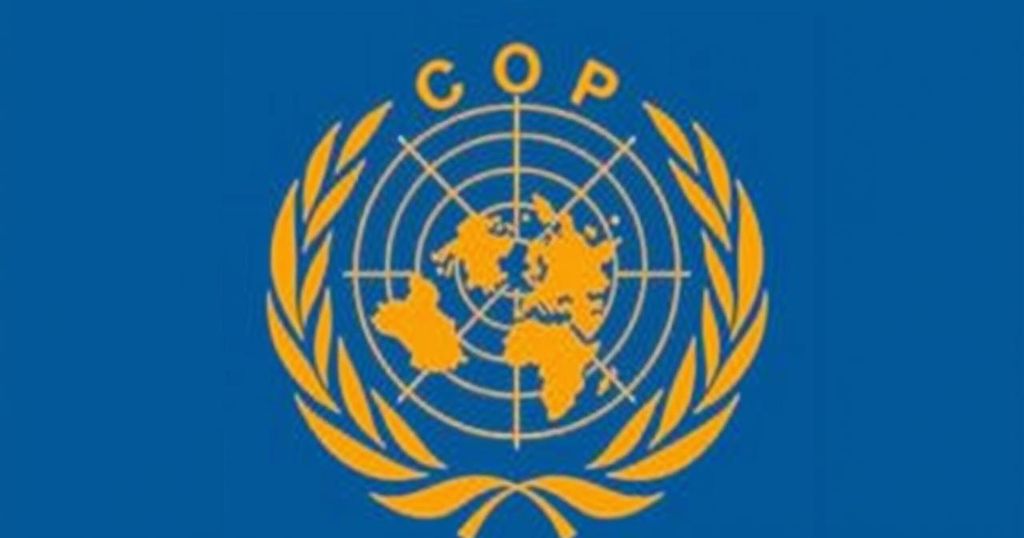The recent COP29 climate negotiations concluded with a contentious deal pledging $300 billion annually by 2035 from developed countries, deemed insufficient by developing nations. Criticism arose from several delegates, including India and Nigeria, regarding the lack of goodwill from wealthier countries. The consensus remains that while progress was made, further commitments are crucial to meet the needs of those most affected by climate change.
At COP29, a climate deal was reached, but the promised annual financial aid of US$300 billion from developed nations by 2035 was dismissed by poorer countries as insufficient. Delegates from developing nations expressed frustration over the paltry sum, with India’s Chandni Raina criticizing it as an “optical illusion” that failed to address the significant challenges posed by climate change. Sierra Leone’s Jiwoh Abdulai remarked on the lack of commitment from wealthy nations, while Nigeria’s Nkiruka Maduekwe bluntly stated, “This is an insult.”
Many developing countries had anticipated a much larger financial commitment, aiming for $100 billion per year, but left disappointed by the outcome. Despite the shortcomings, some representatives, like Tina Stege from the Marshall Islands, recognized it as a starting point, albeit insufficient given their critical situation. UN Secretary-General Antonio Guterres expressed hope for a more ambitious deal, and various representatives highlighted the ongoing struggle to unify developed and developing nations regarding climate finance.
The overall consensus was that the agreement, although a step forward, fell short of the $390 billion suggested by economists as a fair contribution from developed countries. The discussions highlighted the persistent rift between developed and developing nations, exacerbated by a sense of urgency as global temperatures near the critical threshold of 1.5°C, which necessitates immediate and substantial action against climate change.
Overall, while the COP29 outcome signifies some progress in negotiations, it underscores the long-standing challenges and dissatisfaction voiced by developing countries regarding the level of financial support from historically accountable nations.
The COP29 negotiations have been characterized by tension between developed and developing nations over climate finance. Developing countries, most affected by climate-related disasters, argue that historical polluters should take greater responsibility. The $300 billion pledge by developed countries was perceived as inadequate in addressing the substantial needs of poorer nations, which are battling the immediate impacts of climate change, such as rising sea levels and extreme weather events. This context is critical for understanding the responses from delegates and the broader implications of insufficient climate funding.
The outcomes of COP29 reveal a significant gap between the financial commitments made by developed nations and the expectations of developing countries facing dire climate challenges. While the agreement reached marks a moment of negotiation, it has been met with widespread disappointment among poorer nations, which demand more substantial support. The discussions illuminated the critical need for increased climate finance to avoid catastrophic consequences from climate change and to maintain trust in multilateral negotiations.
Original Source: www.taipeitimes.com






